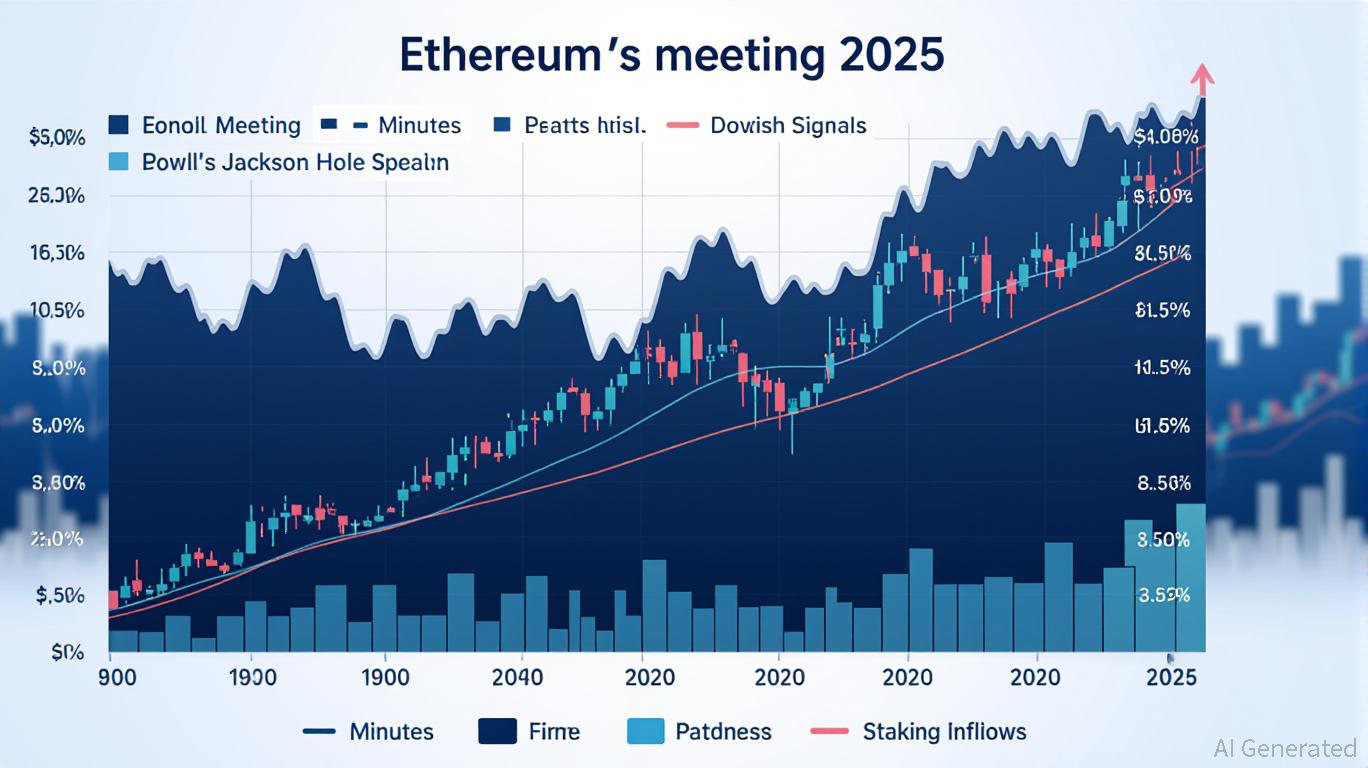
- 258 victims’ personal data stolen from six public and financial portals.
- BTS star Jungkook targeted with 8.4B won HYBE stock theft attempt.
- 21.3B won in virtual assets stolen, 12.8B won recovered by police.
South Korean authorities have uncovered one of the country’s largest cyber fraud cases, dismantling an international hacking ring that stole nearly 39 billion won from high-profile victims.
The Seoul Metropolitan Police Agency confirmed that the group exploited weak security across government, IT, and financial platforms to steal data from 258 people, which was later used for large-scale SIM-swap fraud.
The suspects targeted wealthy business leaders, lawyers, athletes, crypto investors, and celebrities, including BTS member Jungkook, who narrowly avoided losing 8.4 billion won worth of HYBE stock.
Investigations revealed the cross-border scale of the operation, stretching from Seoul to Bangkok.
Hackers exploited data from 258 victims
Between July 2023 and April 2024, the ring infiltrated six public and financial portals with weak protections. The breaches exposed personal details such as resident registration numbers and financial verification data.
Police said 258 victims were affected, including 75 business executives, 11 lawyers and officials, 12 celebrities, six athletes, and 28 virtual asset investors.
Collectively, the group accessed accounts with combined holdings estimated at 55.22 trillion won, with some single accounts exceeding 12 trillion won.
To execute the fraud, the hackers created 118 mobile accounts under the names of 89 victims. These accounts were then used to bypass security checks and siphon money directly from bank and crypto wallets.
In total, 16 victims lost 39 billion won, while financial institutions managed to block a further 25 billion won in attempted thefts. The largest confirmed loss involved 21.3 billion won in virtual assets.
BTS star Jungkook targeted with 8.4 billion won attempt
The scheme gained widespread attention after police confirmed that BTS member Jungkook was one of the intended victims.
Hackers attempted to move 8.4 billion won worth of HYBE stock under his name, but the suspicious transaction was blocked before funds left the account.
Officials credited banks and agencies with flagging abnormal activity, preventing Jungkook’s potential losses. In total, police managed to recover 12.8 billion won through swift interventions, including freezing accounts and stopping withdrawals.
However, investigators highlighted that the case exposed a critical weakness in South Korea’s non-face-to-face authentication systems, which the group manipulated to carry out its operations.
Arrests across South Korea, China, and Thailand
The investigation began in September 2023, when unauthorised mobile phone activations were first reported to Namdaemun Police Station. Over the following months, 16 suspects were identified and detained.
The ringleaders, identified only as Mr. A (35) and Mr. B (40), moved frequently between China and Thailand. Both were eventually arrested in Bangkok in May after Seoul police collaborated with Thai authorities and Interpol.
Mr. A was extradited to South Korea on August 22 and faces 11 charges, including large-scale fraud and hacking, while Mr. B remains in custody in Thailand pending extradition.
Three suspects are still in detention in South Korea, while the rest face prosecution for fraud, hacking, and violating the Information and Communications Network Act.
Police noted that the outcome could have been far worse had the group been allowed to continue operations.
Crypto scams rising in South Korea
The case adds to a growing wave of cybercrime linked to cryptocurrency in South Korea. On May 15, Jeju police arrested 25 suspects for running fake investment schemes that defrauded 48 people of 734 million won.
In a separate incident, a police officer in Incheon was charged with embezzling 700 million won from investors in a bogus crypto project.
Meanwhile, Park “Jonbur Kim,” known as the “Coin King,” is on trial for manipulating the Artube coin, which caused investor losses of 68 billion won.
Authorities are also investigating large-scale money laundering. Prosecutors say unlicensed brokers funnelled 943.4 billion won through Neteller Pay between 2019 and 2024, earning 26 billion won in commissions.
Assets worth 4.4 billion won in Ethereum have since been seized from hidden wallets.
Cases have even extended into romance scams, with a man in his 50s losing 100 million won in July, and celebrity-linked fraud, with actress Hwang Jung-eum facing trial for embezzling 4.3 billion won from her agency for crypto purchases.
Despite these risks, South Korea remains one of the world’s most active crypto markets. Chainalysis data shows $130 billion in inflows in 2024, with over 10.8 million Koreans trading digital assets.
More than 10,000 investors hold balances above 1 billion won, especially among traders in their 20s. Regulators are now preparing to approve the nation’s first spot crypto ETFs and a won-pegged stablecoin, as major exchanges expand custody services to institutions.




